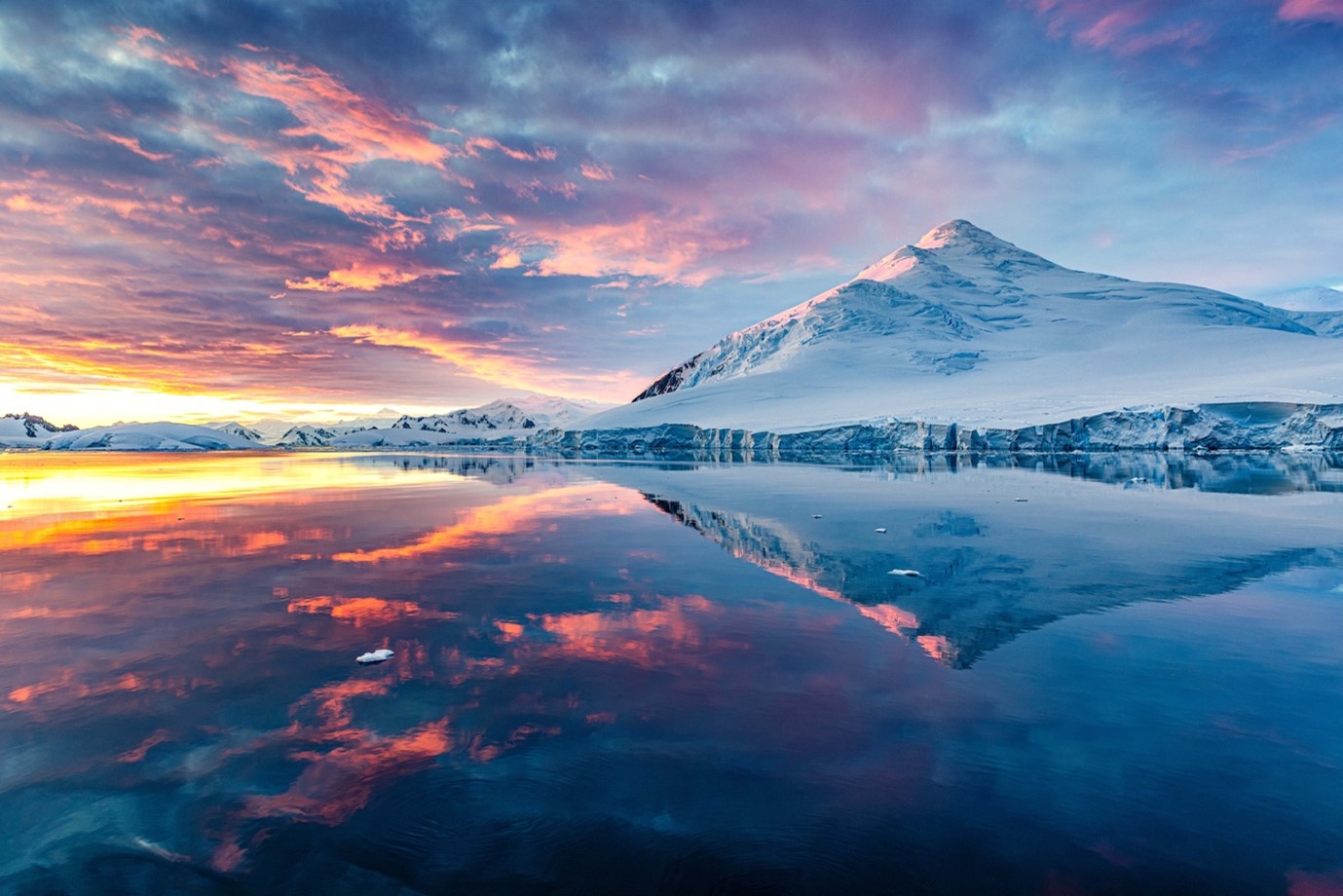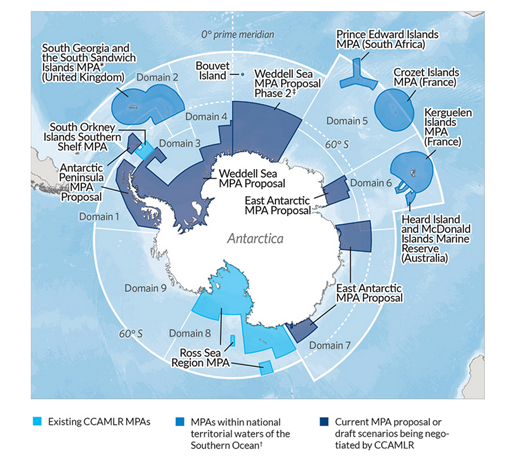The Commission for the Conservation of Antarctic Marine Living Resources (CCAMLR) held its annual meeting Oct. 14-25 in Hobart, Australia. According to several observers, the growing commercial interest in krill fishing collided with concerns about the impact of climate change on regional ecosystems and prevented the 27 members of the CCAMLR from reaching any agreement, despite a year of negotiations.
Conservation groups expressed disappointment at the results. “We leave the 43rd annual meeting of CCAMLR disheartened by the expiration of crucial measures to protect Antarctic marine living resources, a decision driven by a minority of Member States,” noted Holly Parker Curry, a campaign director with the Antarctic and Southern Ocean Coalition (ASOC), an international group of NGOs advocating for the creation of protection measures in the region. “This setback not only threatens critical ecosystems but also highlights a troubling erosion of nations collective commitment to conservation and the collaborative spirit that underpins the Antarctic Treaty System.”
During the meeting in Hobart, China and Russia vetoed a proposal for a new marine protected area (MPA) in the Western Antarctic Peninsula and blocked the renewal of Conservation Measure 51-07 (CM 51-07), which distributed krill-fishing activities within designated sub-areas of the expansive krill-fishing area to avoid overly intensive fishing.
“The non-renewal of CM 51-07 is a step backward for the Commission’s work and once again exposes predators to the concentrated impact of fishing. Additionally, China’s refusal to allow the MPA to move forward represents another setback for the Commission,” said Rodolfo Werner, science and policy adviser for the Pew Bertarelli Ocean Legacy, a partnership between U.S.-based NGO Pew Charitable Trusts and Swiss philanthropist Dona Bertarelli.
In 2009, CCAMLR members pledged to create “a representative network of MPAs” in the Southern Ocean. The body established MPAs on the southern shelf of the South Orkney Islands that year and in the Ross Sea in 2016. But four proposed MPAs in the Weddell Sea, East Antarctica and the Antarctic Peninsula have been at a standstill for years, due to repeated vetoes by the Chinese and Russian delegations. If approved, these areas, along with the existing Ross Sea MPA, would safeguard 26% of the Southern Ocean and nearly 3% of the global ocean. This would contribute to achieving the 2022 Kunming-Montreal Global Biodiversity Framework (GBF), which commits nations to protect 30% of the world’s ocean by 2030.
To read the full Mongabay article click here

